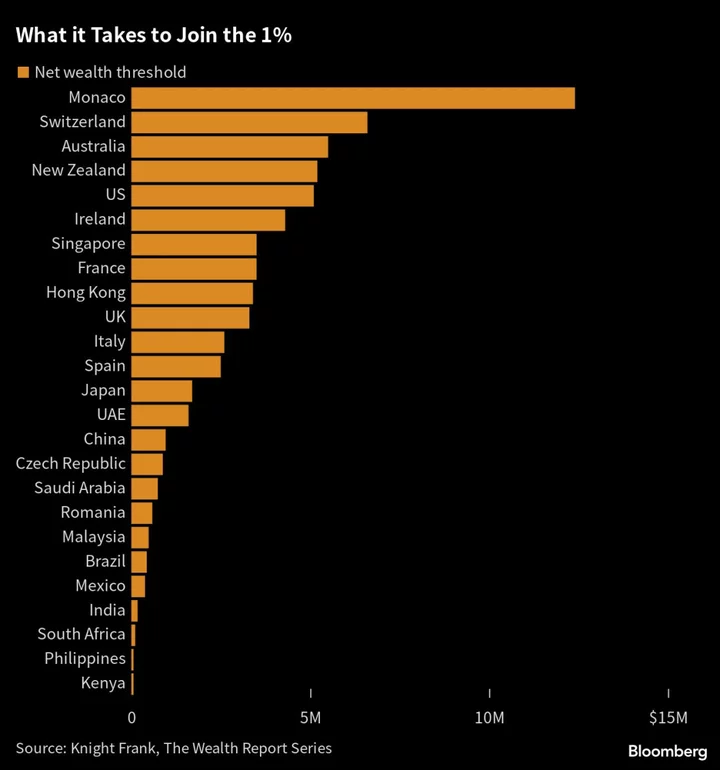Rumor has it teenagers only worry about their phones and their friends. But what if they worry about money, too?
Research from the 2022 Junior Achievement Teens & Personal Finance Survey found that over 54% of teens feel unprepared for their financial futures. One way parents could help their kids feel more prepared is by addressing their money fears.
UNCOVER YOUR TEEN’S MONEY FEARS
There are several ways to learn about your teen’s money fears, but a good place to start is by looking at yours.
“(Parents) have to look at their own issues because what you bring to the table is what your kids are going to pick up, even if you tell them to do the opposite,” says Michele Paiva, a Downingtown, Pennsylvania-based licensed psychotherapist whose work focuses on trauma recovery, and financial education and therapy.
Get introspective about what your feelings about money are and how that might show up in your home. For instance, if you’re always arguing with your partner about their or your spending habits, this could contribute to your teen developing insecurities about their ability to manage their finances.
Once you’ve looked within, explore learning about money as a family. Paiva says playing Monopoly is a fun way to spark money-related conversations: “Do I want to spend all of my money on property? If I land on someone, do I have enough money for rent? If I go to jail, do I have enough money to get out of jail?”
Conversations can go beyond a Monopoly board to asking scenario-based questions. Ask them what they’d do if they had $100 today, suggests LaQueshia Clemons, an accredited financial counselor and licensed clinical social worker in Middletown, Connecticut.
“Use those types of questions to kind of gauge where they’re at and then, based on (the) child, go a little deeper to have that conversation with them,” she says.
UNDERSTAND COMMON MONEY FEARS
Timmesha Butler-Davis holds a doctorate in social work and is a licensed independent clinical social worker who owns Mastery Counseling and Consulting in Ewing, New Jersey. She works with teens at a trauma-informed group in Camden, New Jersey, and they discuss money fears often. A common one she comes across is teens — especially kids who are growing up in poverty — having fears about not having enough to keep up with peers in terms of affording the same things.
“There is a lot of stress and worry and fears and feelings of judgment when it comes to kids who are currently living in poverty,” Butler-Davis says. “And it really does have a significant impact on the way that they feel about themselves, and so it affects their levels of self-esteem.”
Butler-Davis also says teens have fears about not being able to make enough to sustain themselves. This money fear often comes from poverty as a form of chronic trauma, she adds. Chronic trauma happens when you’re repeatedly exposed to traumatic events. In this instance, it may relate to trauma caused by a lack of financial security.
“Oftentimes that trauma can lead into phases of PTSD (post-traumatic stress disorder), where you see kids grow up to either have severely detached relationships with money or severely insufficient or maladaptive relationships with money,” Butler-Davis says. This can lead to people hoarding their money so they don’t end up like their parents or spending it all, she adds.
DEVELOP A HEALTHIER RELATIONSHIP WITH MONEY
Reversing your teen’s money fears won’t happen in a day. However, with time and effort, you might help them turn those fears into confidence.
One way is through affirmations, which is a form of encouragement, says Clemons.
“Being a therapist, I’m all about affirmations. One thing I love is, ‘I am in control of my success,’ and what success means for every person could be different.” She suggests exploring what success looks like for your child and reminding them they’re in control of that success.
Depending on what your child’s money fears are, another way to help them is by providing them with financial literacy, says Butler-Davis. This could help a child who is worried about how they’ll pay for college or keep up with expenses when they become an adult. Being actively engaged could look like taking them to open a savings account or teaching them about credit cards. You could also practice budgeting with them and let them shadow financial planning activities you do.
Finally, for kids who are afraid they aren’t valuable if they don’t have tons of money, you can help them by reorienting how they determine their value: “The biggest thing is knowing that you as a person are valuable no matter what you have, but also that your value is not placed in the money that you have,” Paiva says.
_______________________
This article was provided to The Associated Press by the personal finance website NerdWallet. Elizabeth Ayoola is a writer at NerdWallet. Email: eayoola@nerdwallet.com.
RELATED LINK:
NerdWallet: How generational trauma affects your finances and how to heal https://bit.ly/nerdwallet-generational-trauma
Junior Achievement Teens & Personal Finance Survey Methodology:
The Junior Achievement Fintech Survey was conducted by Wakefield Research (www.wakefieldresearch.com) among 1,000 nationally representative US Teens ages 13-18, between February 18th and February 24th, 2022, using an email invitation and an online survey. Data was weighted to ensure a reliable and accurate representation of U.S. teens ages 13-18.
Results of any sample are subject to sampling variation. The magnitude of the variation is measurable and is affected by the number of interviews and the level of the percentages expressing the results. For the interviews conducted in this particular study, the chances are 95 in 100 that a survey result does not vary, plus or minus, by more than 3.1 percentage points from the result that would be obtained if interviews had been conducted with all persons in the universe represented by the sample.









